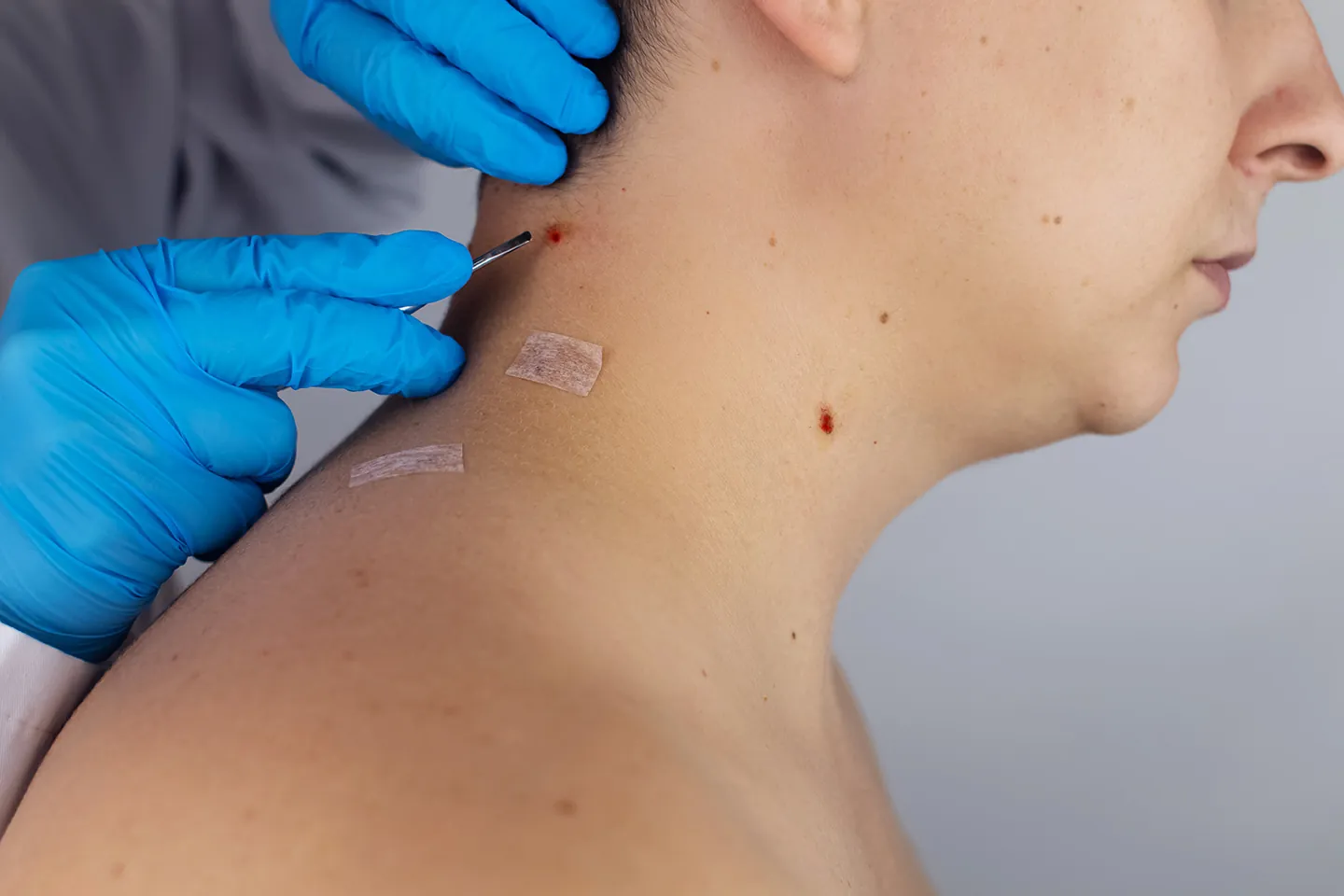Why Paying Out-of-Pocket Might Actually Save You Stress

When it comes to healthcare, most people think insurance is the key to keeping costs down. But if you’ve ever tried to get a “simple” skin procedure like mole or cyst removal covered by insurance, you know it’s rarely that simple. Between prior authorizations, unclear coverage rules, and surprise bills, patients often end up with more headaches than solutions.
That’s where self-pay (or out-of-pocket payment) can make a surprising difference. In some cases, skipping the insurance maze and paying directly may actually save you time, frustration, and money.
1. No Insurance Red Tape
Insurance companies require justification before they’ll approve a procedure. For mole and cyst removal, that usually means proving “medical necessity.” If your lesion is benign or mostly bothersome for cosmetic reasons, your claim will almost certainly be denied.
Paying out-of-pocket bypasses this entirely. No long phone calls, no forms, no appeals. You and your provider decide what’s best without an insurance company acting as the gatekeeper.
2. Transparent Pricing Upfront
One of the most stressful parts of dealing with insurance is the uncertainty. Patients often don’t know how much they’ll owe until weeks after the procedure, once the insurer processes the claim.
Self-pay pricing is typically clear and upfront. Many clinics offer package pricing for minor removals, so you know the cost before you ever step into the treatment room. No surprises, no confusing “explanation of benefits” in the mail.
3. Faster Access to Care
When you rely on insurance, approval can drag out the process. In some cases, patients wait weeks or even months for a procedure that could have been done in minutes.
With out-of-pocket payment, you can usually schedule right away. No delays, no waiting on someone else’s decision. That means you can address the issue sooner and get back to your normal life.
4. Control Over Your Care
Insurance rules often dictate what can be removed and when. But your personal comfort, confidence, or peace of mind may not align with those rules. By choosing to pay directly, you’re in control. You get to decide whether a mole, cyst, or skin tag is worth removing.
5. Less Long-Term Stress
While paying out-of-pocket might feel like an extra expense at first, it can prevent bigger frustrations down the line. Consider:
- No unexpected balance bills months later.
- No surprise denials.
- No wasted time fighting with insurance for coverage.
In many cases, the peace of mind that comes with a straightforward transaction is worth far more than the actual dollar amount.
Insurance can be helpful for major medical issues but for small, straightforward procedures like mole or cyst removal, it often creates more stress than it prevents. By paying out-of-pocket, you can enjoy transparent pricing, faster access, and complete control over your care.
Sometimes, the simplest path really is the best one.
Interested in a self-pay skin procedure? Contact us today to learn about transparent pricing and easy scheduling options.


